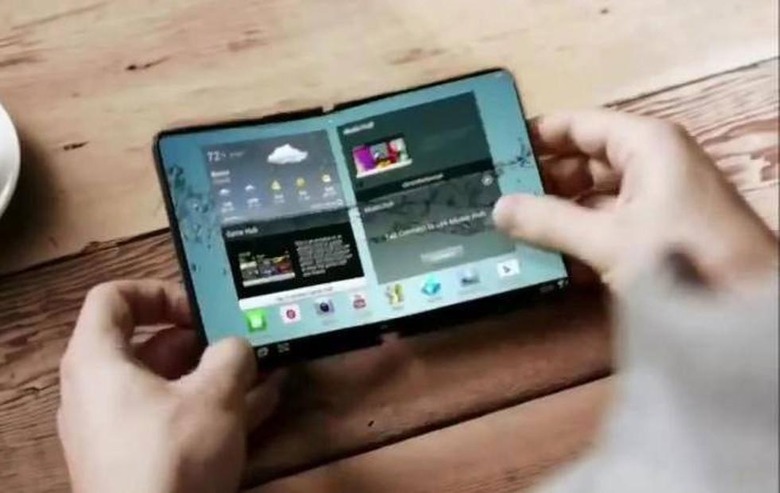Foldable Devices: Why We're Excited And Cautiously Optimistic
So everyone's going into foldable phones, even Apple it seems. But while Apple's take isn't due until 2020, or maybe even until much later, the news will undoubtedly make you wonder what the fuss is all about. And if the only examples of foldable phones you've seen are the ZTE Axon M and the even older Kyocera Echo, you will definitely be puzzled at the excitement it's generating. Here are some of the reason why foldable phones and tablets are really the future and why you shouldn't be holding your breath just yet.
Expanding views, maximizing space
Fold it any other way, foldable phones and tablets is really about the screen real estate. A phone that unfolds into a tablet means you have double the screen space. On the other hand, a phone that folds down to half its size means you need less space to store your phone. Tablets might even be able to fold out into a bigger canvas.
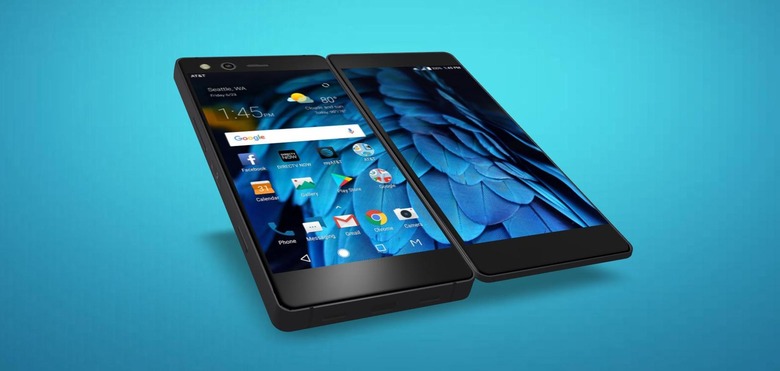
Smartphones have pretty much reach the apex of screen size. Any bigger and they cease to become usable phones. That's why manufacturers are so obsessed with bezel-less screens, trying to reclaim even the smallest millimeter of space to increase the total screen area without increasing the phone's size.
Everyone wants larger screens. No one, however wants larger devices. Foldable phones and tablets offer the best of both worlds, presuming they're done properly.
Conforming to our needs
Smartphones have become so important in our lives that we are more likely to change ourselves to fit the device, be it fashion or habits. We are pretty much at the mercy of what form factors and sizes companies push on us (ironically citing consumer demand) and we move our life around those. But no one size fits all and smartphone size preferences are no different.
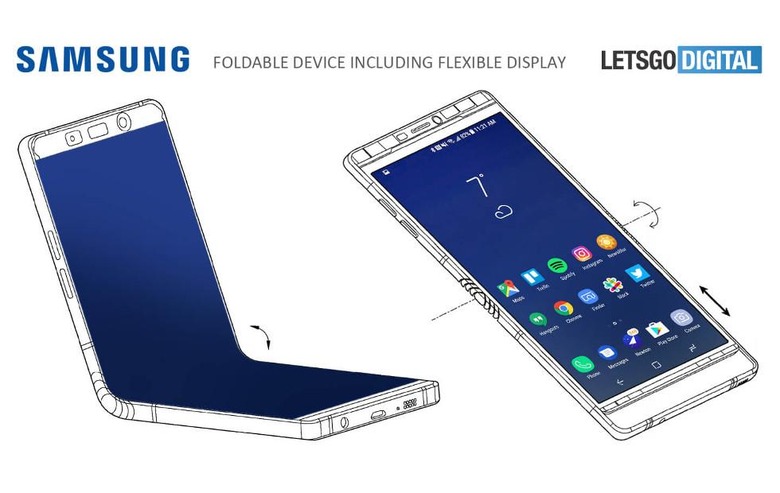
Foldable devices would at least give us some reprieve. Of course, we'd still be limited to a few fixed size configurations but, in the future, even those might give way to deformable, not just foldable, devices. Want a bigger screen? Simply unfold your phone rather than having to switch devices. Want to squeeze your device into your slim pocket? Simply fold it up and go. Devices will finally be able to change to fit our needs rather than the other way around.
Pushing boundaries
Foldable devices inspire the imagination and get creative juices flowing not just because of the near-impossibility of the hardware. They also tickle our fancy because of the almost magical things we might be able to do with these kinds of devices. Yes, they will still be touch-driven, maybe even stylus-driven, but they would still go beyond the user interfaces and interactions we currently have. We could have two different screens at the same time, seamlessly interacting with each other. Or have one gigantic screen instead.
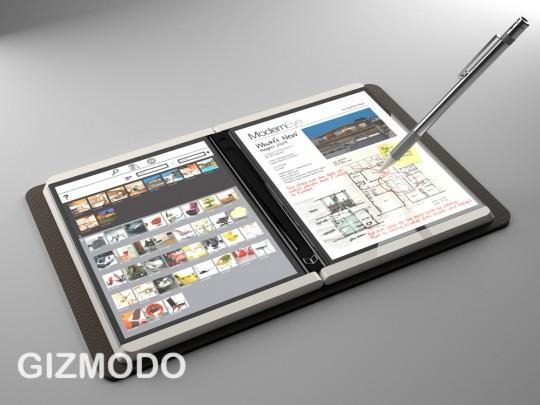
That said, we also hit upon one of the big hurdles to this foldable future. The ZTE Axon M comes close to that dream but is tripped up by more than just a thin bezel in the middle. Our software, be it Android or iOS or even Windows, is far from ready for a dual-screen reality. Considering it took almost a decade for mobile platforms to accept go beyond the "one screen per app" model, it might take just as long for them to catch up with this upcoming trend.
Beyond current capabilities
One reason why platform makers aren't in a rush to prepare software for that future is because they know the hardware isn't even ready yet. Foldable devices are really pushing everything we know and have, both software and hardware, beyond their limits. Samsung and others have been working for years on foldable displays, and they're not even close to getting it right.
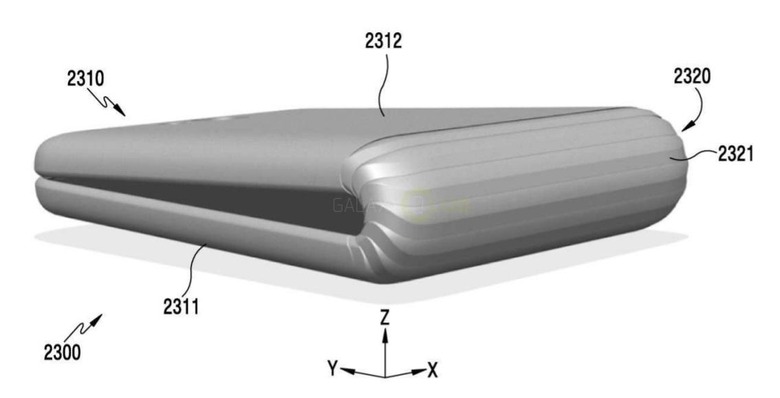
And the display is just one, but an important, part of the equation. We will eventually reach the point where we'll have to make other non-rigid components. And then we'll hit on the most volatile and most explosive of them all: the battery.
Awkward first steps
Foldable devices are coming. They are inevitable though some will come later rather than sooner. The market wants it thought the market isn't sure it's ready to pay for it just yet. The first ones, however, will probably be disasters. They'll be a far cry from the ideal future that manufacturers themselves have tried to paint. Some will be sold, many will be scrapped. Some might even give up. Hopefully they won't, because foldable really is the future. It's just a matter of how soon we're willing to make it happen.

